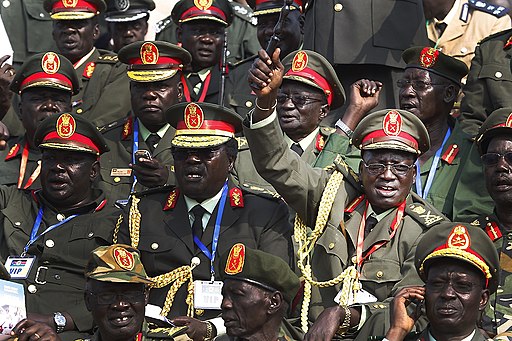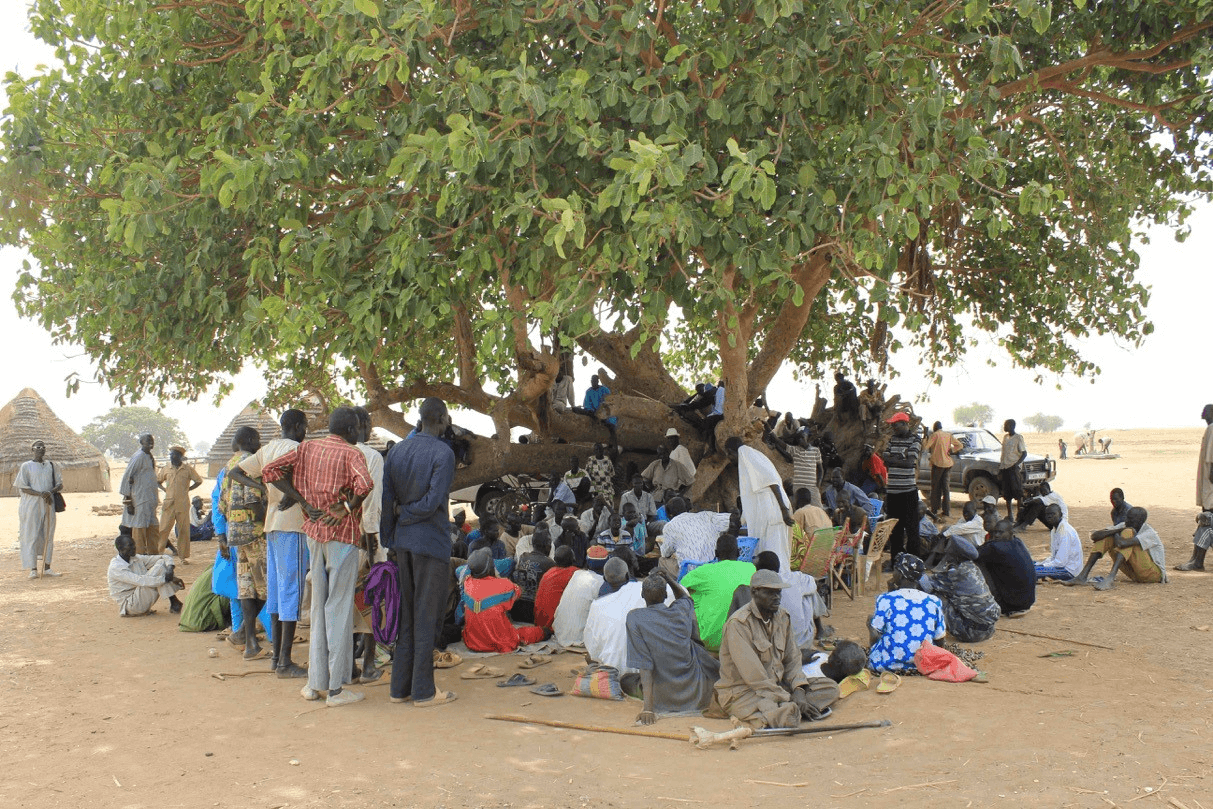In a WPF policy briefing of March 24, 2016, Alex de Waal warns that South Sudan is entering a dangerous new phase. Below is from the introduction to briefing.
Access pdf of the full briefing.
Introduction
This policy briefing provides an analysis of the risks that South Sudan faces given the current convergent economic, security and political crises on the eve of the overdue establishment of the Transitional Government of National Unity (TGoNU).
South Sudan today is a collapsed political marketplace. The country’s political market was structured by competitive militarized clientelism for access to oil rents. Those oil rents have almost disappeared but the structure of competition is unchanged and the price of loyalty has not reduced to a level commensurate with the available political funding. The result is that political loyalty and services are rewarded with license to plunder. This is inherently self-destructive. South Sudan’s political economy is being consumed to feed its political-military elite.
The convergent economic, security and political crises mean that South Sudan is entering an extremely dangerous phase.
This policy brief provides tools for analysis rather than recom-mendations for action. The dominant political discourse on South Sudan is framed in ethnic terms: this briefing seeks to provide alternative political-economic concepts and language.
It points to the need to stabilize South Sudan’s political marketplace before there can be any prospect of sustainable peace, let alone a transition to an institutionalized political order. Policymakers need to attend particularly to the options for modest increases in political funding (notably through the renegotiation of the transitional financial arrangements and oil pipeline fees with Khartoum) and measures to reduce political uncertainty.


